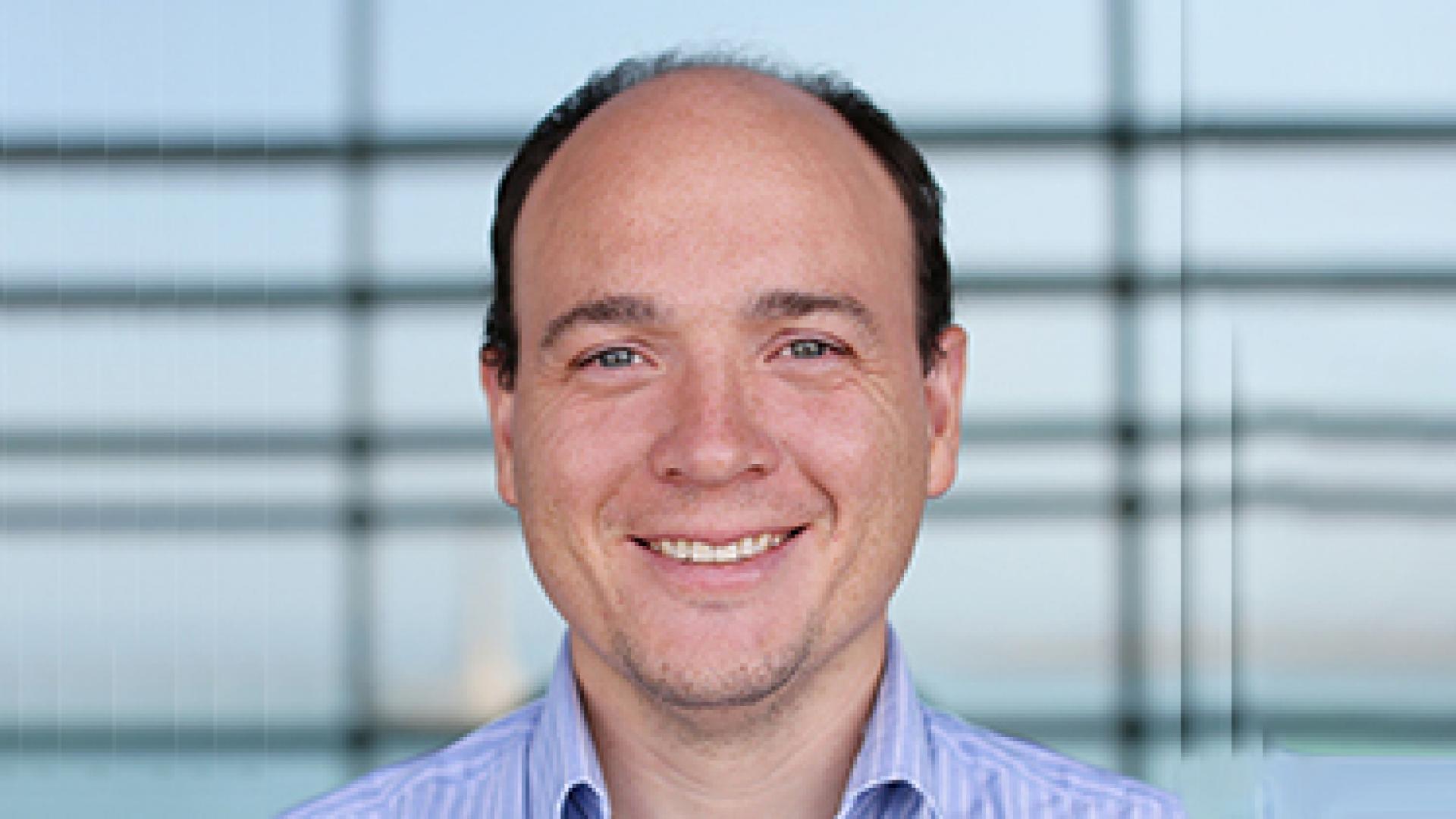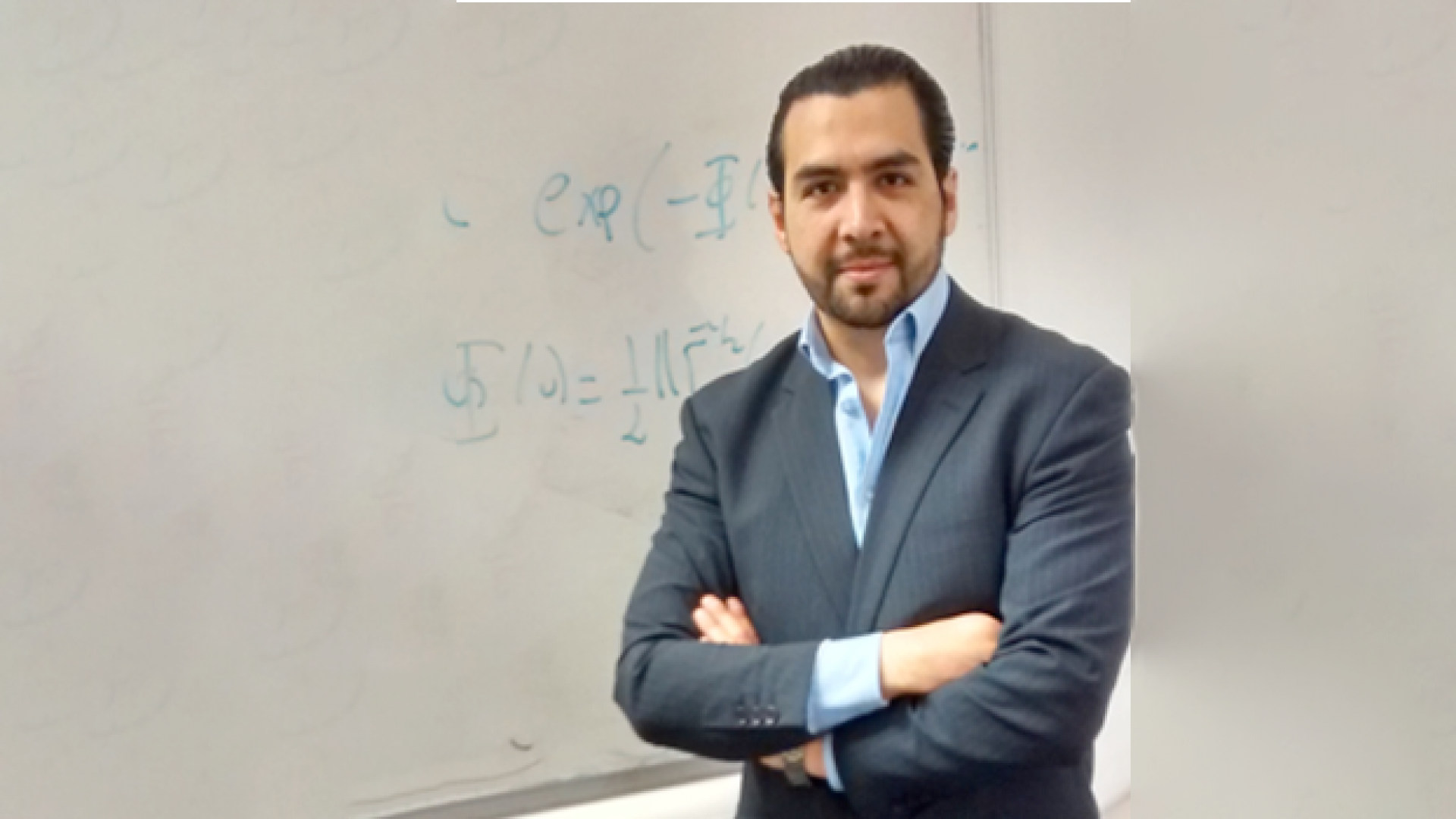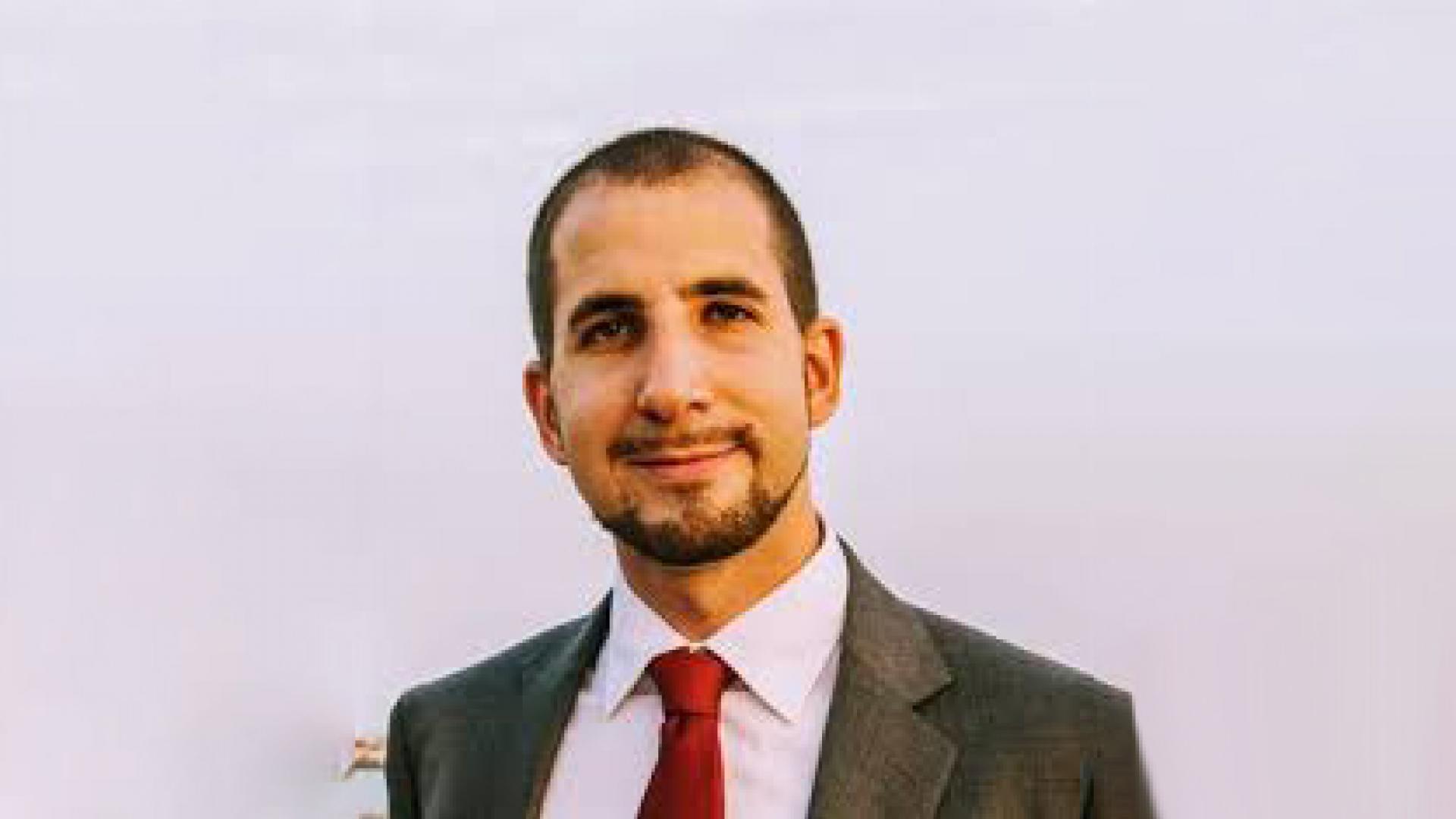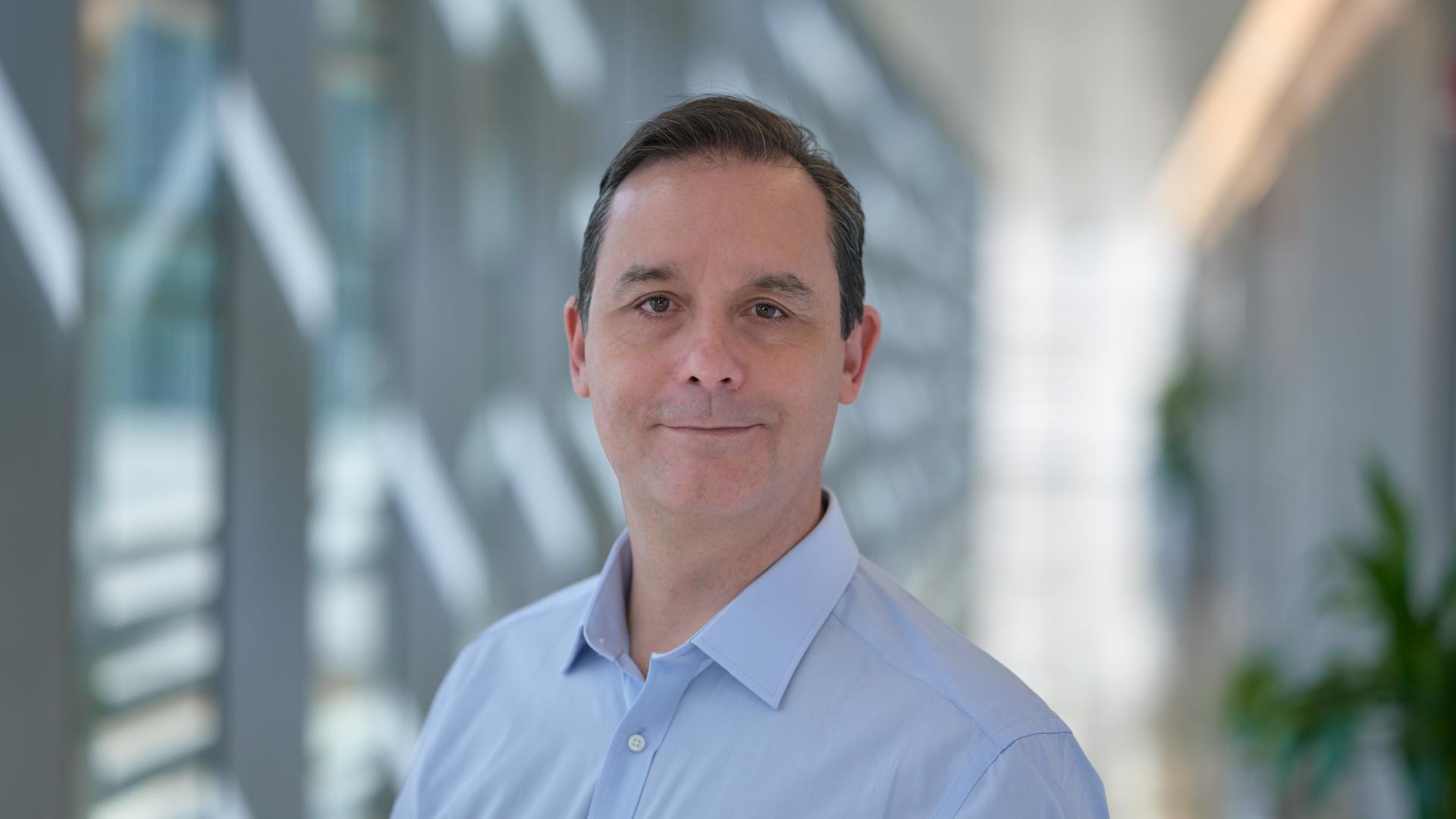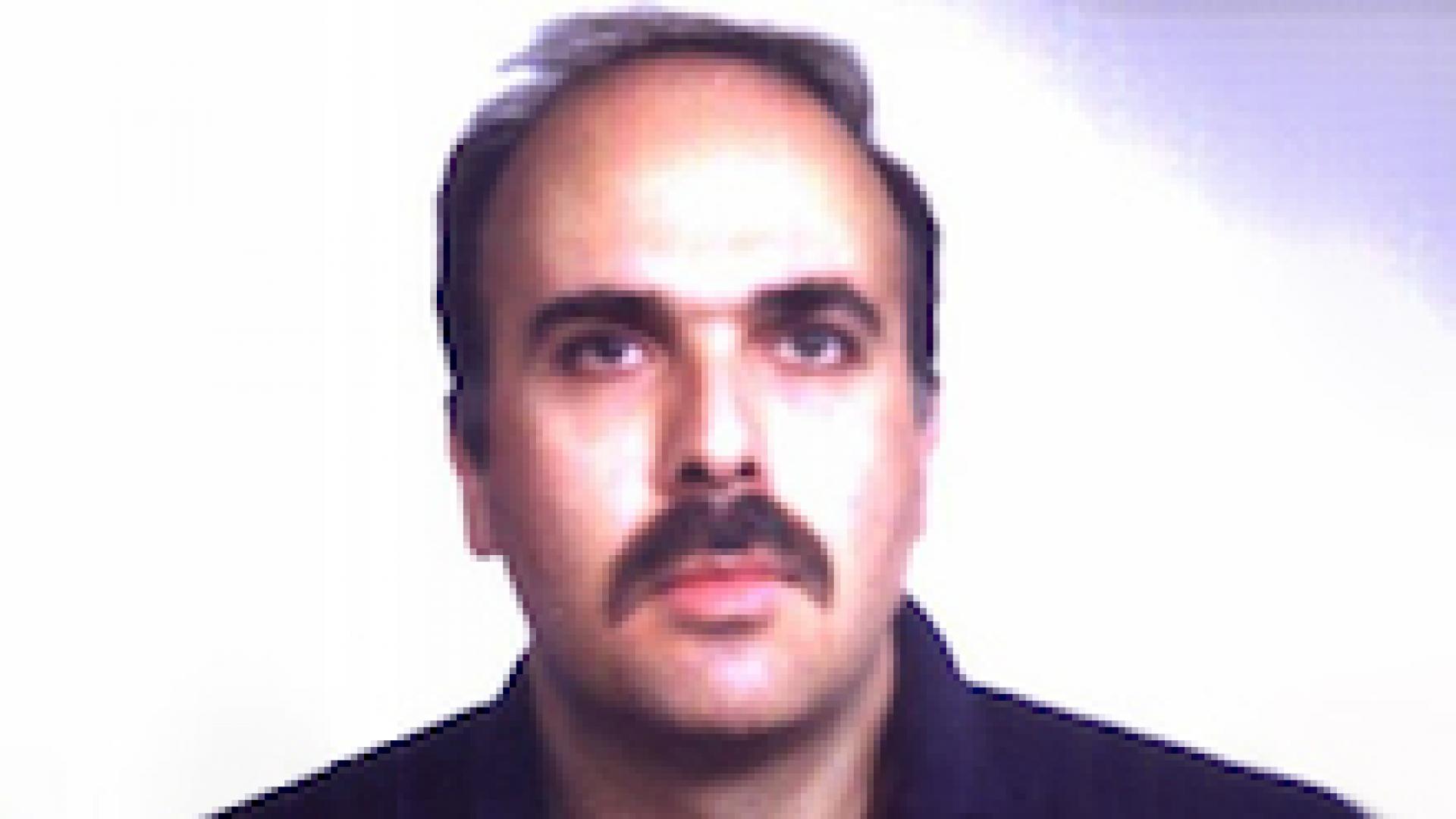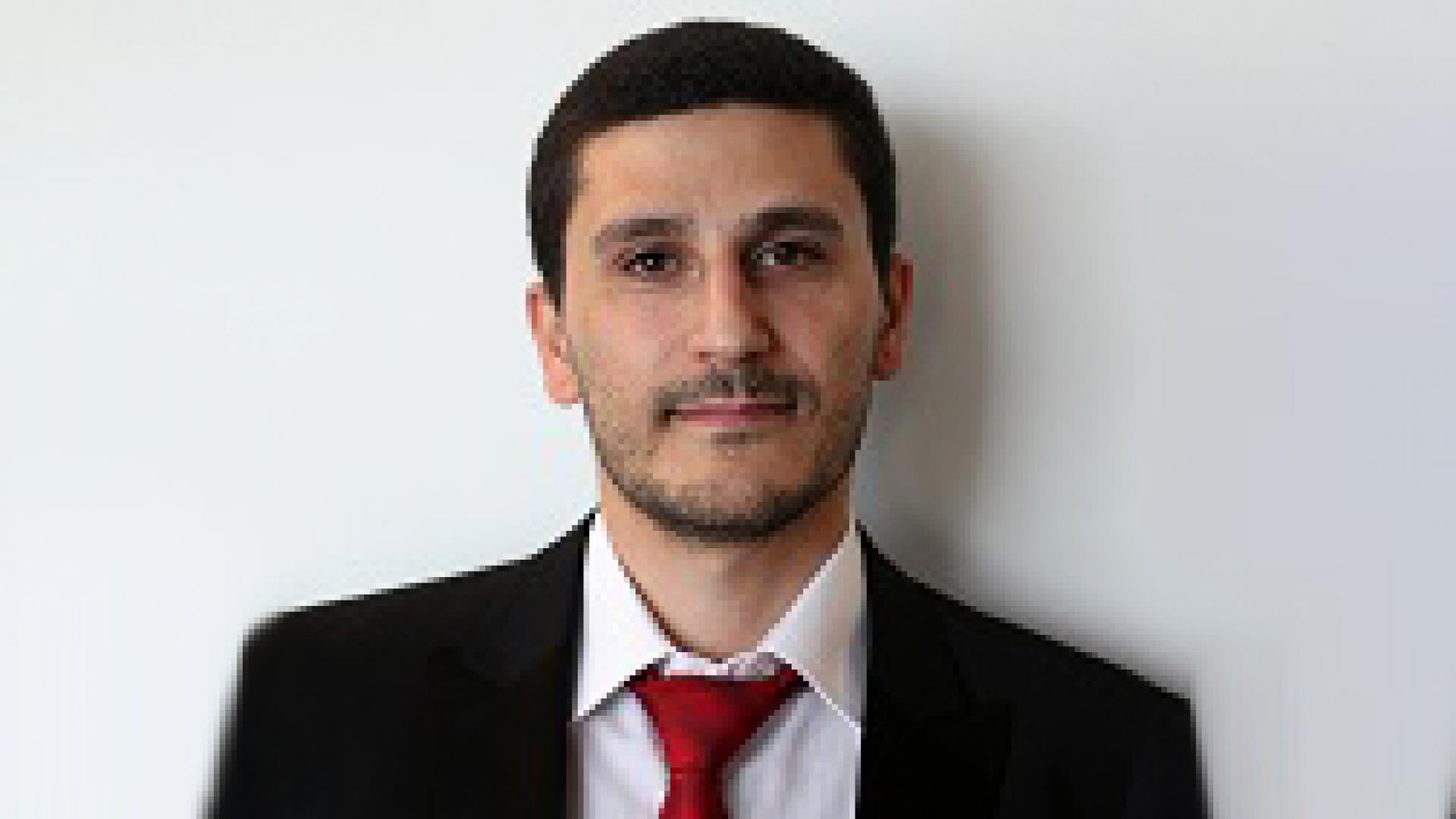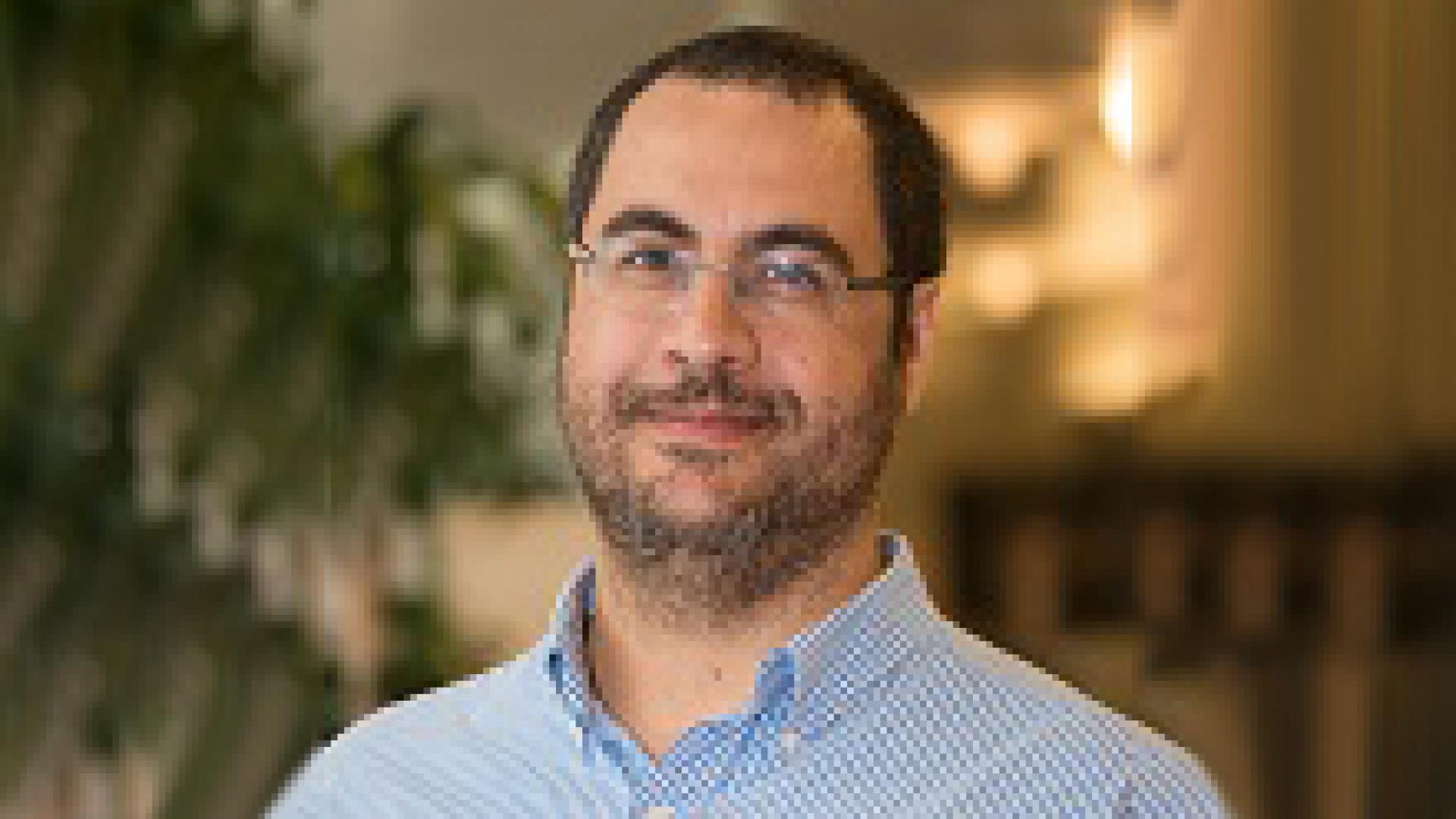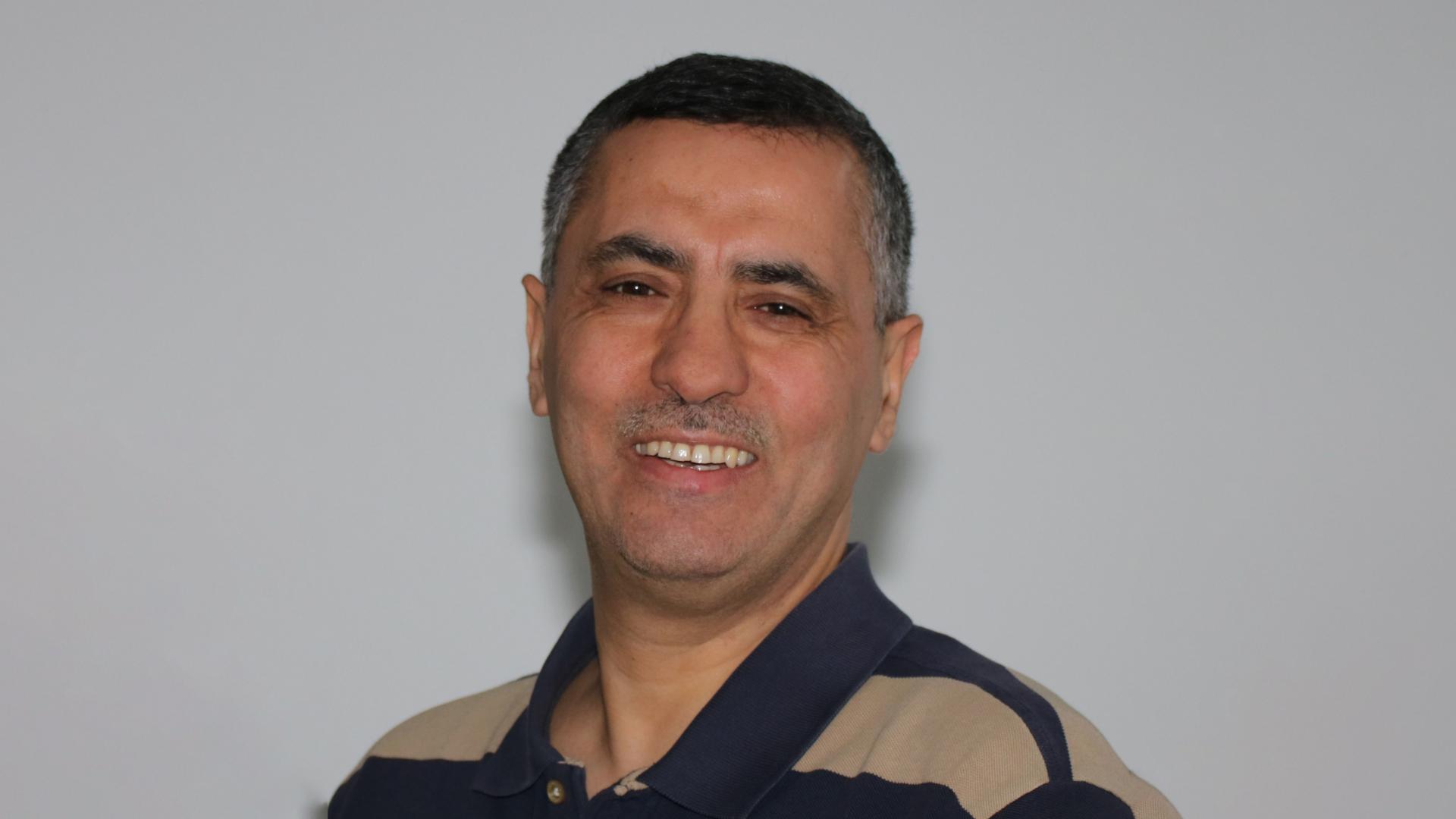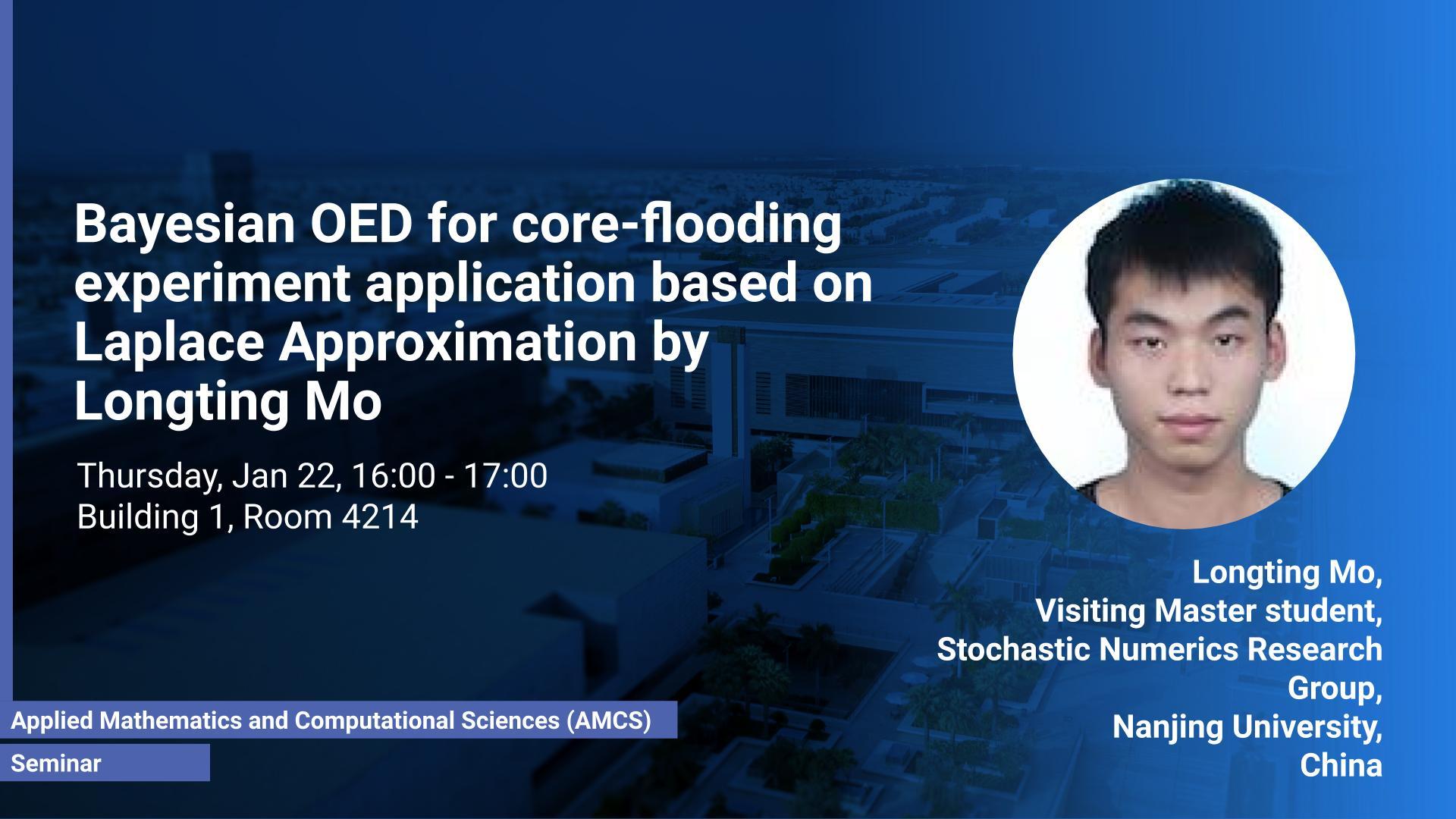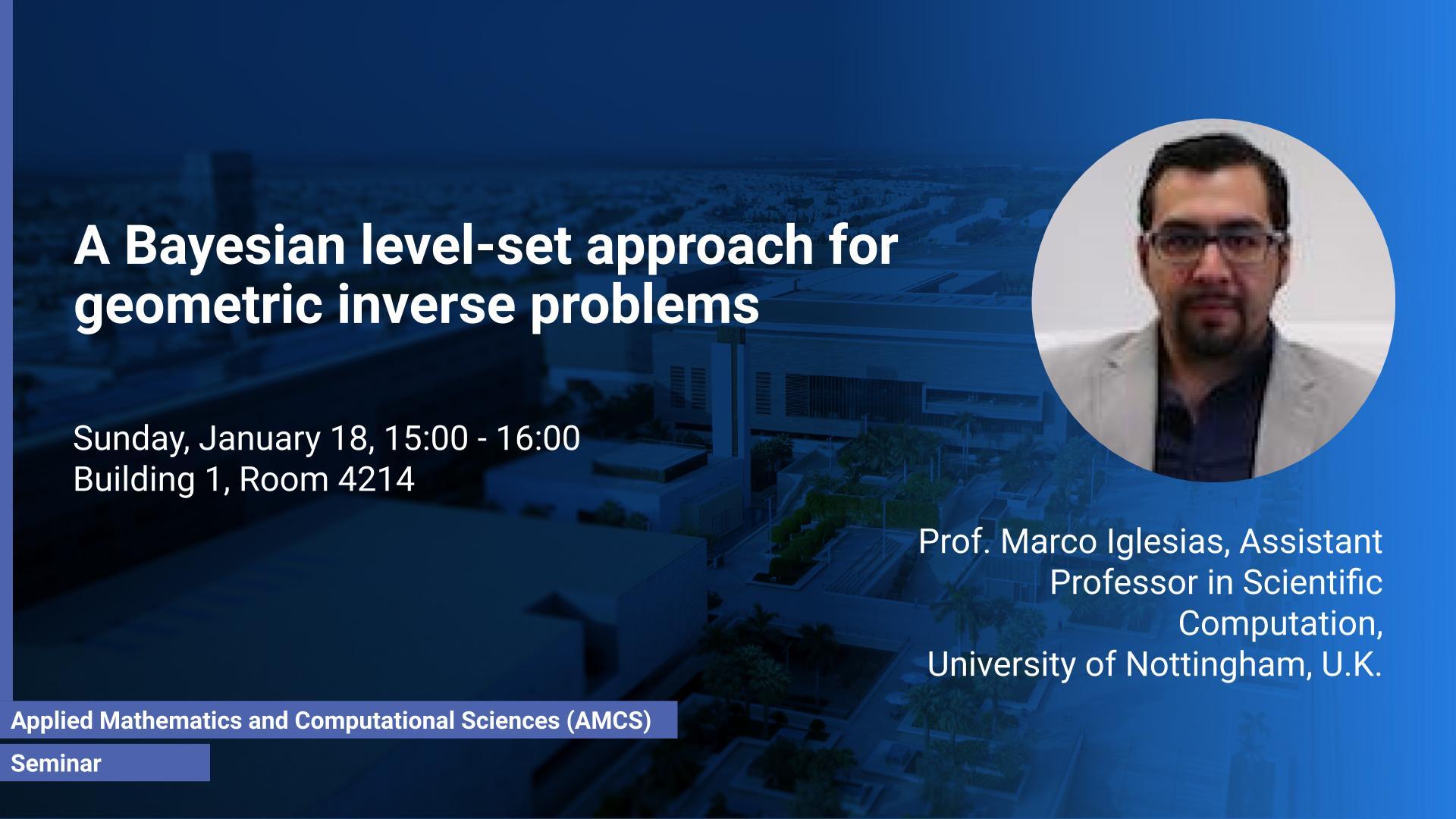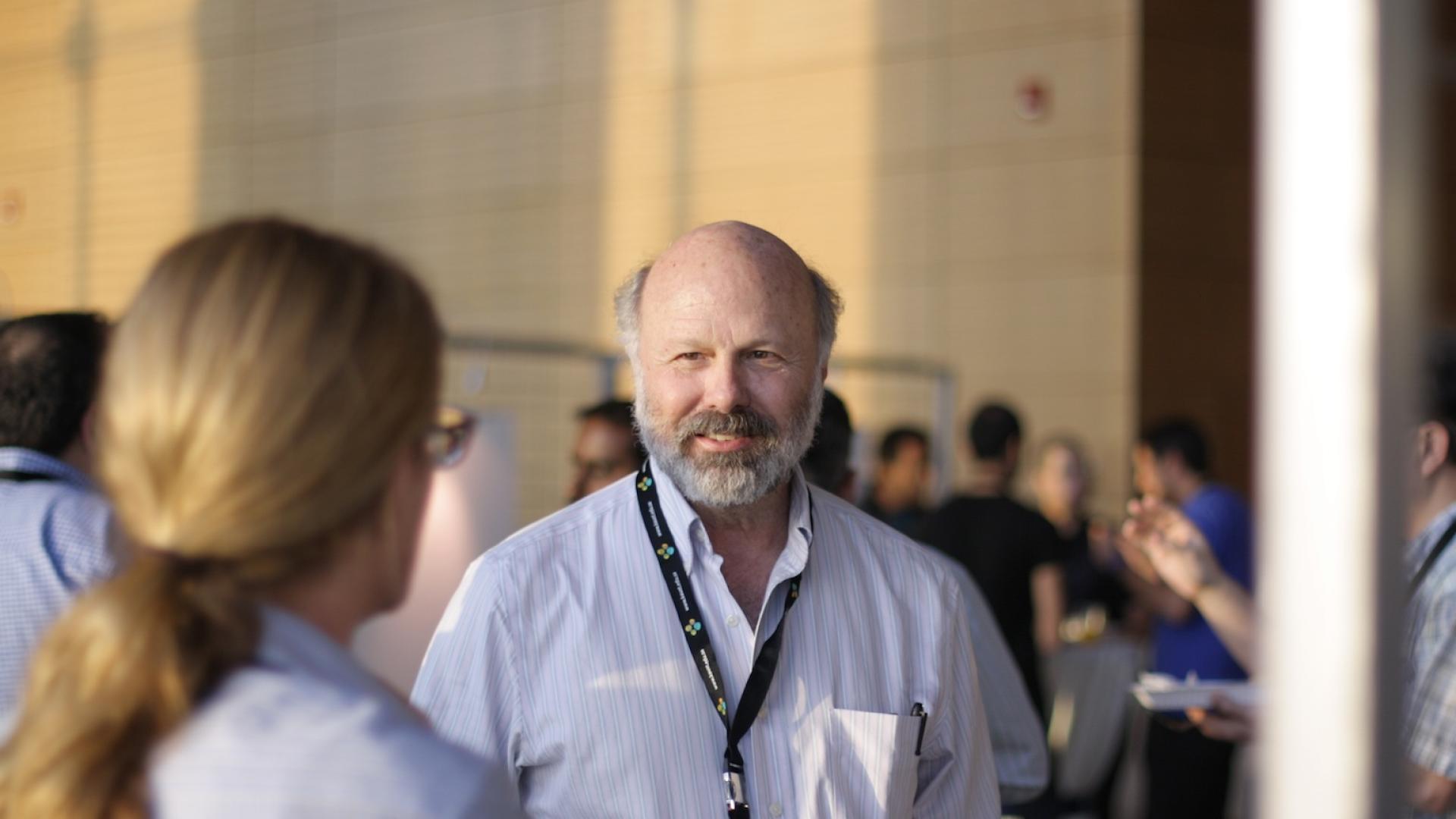UMRIDA is a Level 1 collaborative project within the European Commission's Seventh Framework Programme. It involves a consortium of 21 partners from the industrial aeronautics sector, leading research institutes and universities as well as SME's.
Marco Iglesias received his Ph.D. in 2008 from the Institute for Computational Engineering and Sciences, the University of Texas at Austin. From 2008 and 2013 Iglesias held postdoctoral positions at the Department of Civil and Environmental Engineering at MIT as well as the Mathematics Institute at the University of Warwick.
Dr. Matteo Icardi joined KAUST in January 2013 and has been since then a postdoctoral fellow in the Stochastic Numerics Research Group lead by Prof. Tempone and in SRI-UQ Center. His main research effort was related to computational fluid dynamics and uncertainty quantification in multiscale heterogeneous materials.
Alexander Litvinenko is organizing a mini-symposia "Efficient Methods for Uncertainty Quantification by Means of Tensor Format Representations" at the SIAM CSE conference in Salt Lake City, March 2015.
Prof. Tempone joined the Advisory and Impact Board of the EPSRC Programme Grant EQUIP. EQUIP is a 2.6M EPSRC Programme Grant which will tackle a number of key challenges arising in the solution of statistical inverse problems, guided by applications arising in subsurface geophysics.
Georgios Zouraris will be visiting the Stochastic Numerics Research Group during the period Feb. 15 - June 15, 2015.
For the last two years, Bilal has been a postdoctoral fellow at KAUST with the Stochastic Numerics research group. Bilal is an applied mathematician with a strong focus on mathematical modeling, numerical simulation of partial differential equations, coupling methods for multiphysics and multiscale problems, high-performance computing, and more recently, parameter estimation. During his tenure at KAUST, his main efforts have been devoted to developing efficient computational tools for simulating fluid flow in porous media subject to uncertainty.
On Jan 26th, 2015, Alvaro Moraes successfully defended his Ph.D. thesis entitled “Simulation and Statistical Inference of Stochastic Reaction Networks with Applications to Epidemic Models”.
Simulation and Statistical Inference of Stochastic Reaction Networks with Applications to Epidemic Models By Alvaro Moraes (PhD Student of Prof. Raul Tempone, KAUST).
Boualem Djehiche will be visiting the Stochastic Numerics Research Group during the period Jan. 23 - 29, 2015.
Bayesian OED for core-flooding experiment application based on Laplace Approximation By Longting Mo (Visiting Master student, Nanjing University, China).
A Bayesian level-set approach for geometric inverse problems By Prof. Marco Iglesias (University of Nottingham, U.K.).
Marco Iglesias received his Ph.D. in 2008 from the Institute for Computational Engineering and Sciences, the University of Texas at Austin. From 2008 and 2013 Iglesias held postdoctoral positions at the Department of Civil and Environmental Engineering at MIT as well as the Mathematics Institute at the University of Warwick.
Computer simulations are becoming a powerful predictive tool for many engineering problems where the experimental and design processes are prohibitive. Among the variety of solutions available on the market for fluid, solid, and molecular simulations (with very high license fees), a new modeling strategy based on free and open-source codes is becoming more popular, not only for academic and research purposes.
Former SIAM President Prof. Mac Hyman came to review the UQ Strategic Initiative Center and spent four days at KAUST.
